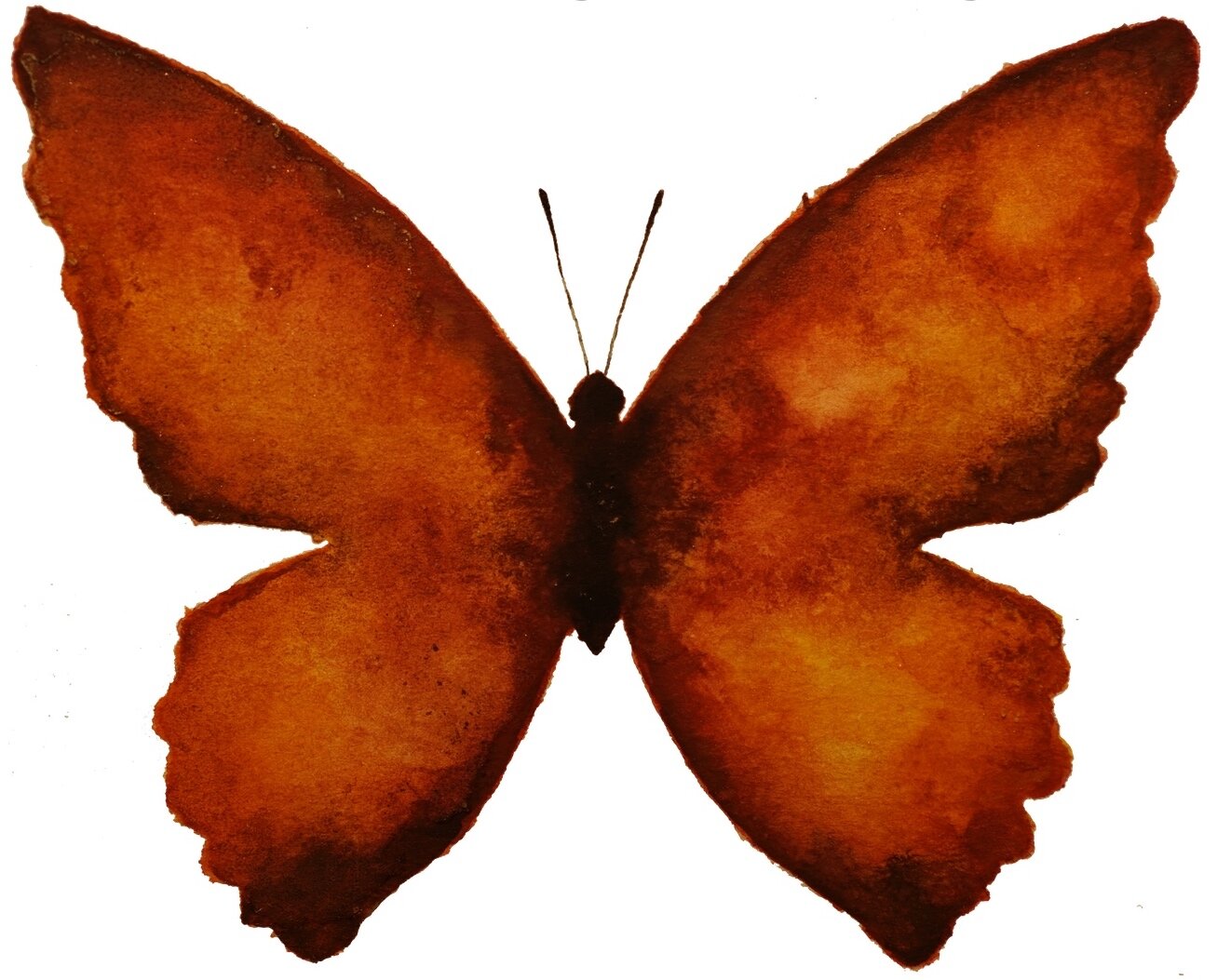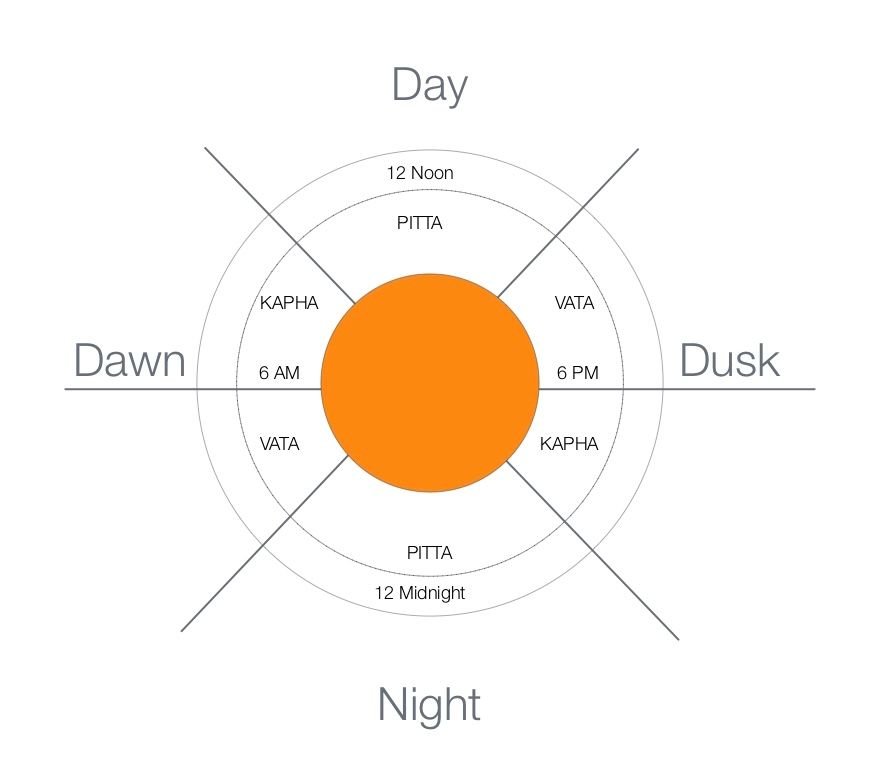582: How Understanding The Ayurvedic Body Clock can Help You Calm Anxiety
In this week’s Anxiety Slayer podcast, we’re exploring the Ayurvedic body clock and how it can help us create a supportive routine to calm anxiety.
SUBSCRIBE TO THE ANXIETY SLAYER PODCAST:
APPLE PODCASTS | STITCHER | PODBEAN | GOOGLE PODCASTS | SPOTIFY I TUNEIN I AMAZON
TODAY’S ANXIETY SLAYER PODCAST IS SPONSORED BY BETTERHELP
BetterHelp wants to remind you that you matter just as much as everyone else does, and therapy is a great way to make sure you show up for yourself.
BetterHelp is online therapy that offers video, phone, and even live chat sessions with your therapist, so you don’t have to see anyone on camera if you don’t want to.
It’s much more affordable than in-person therapy and you can be matched with a therapist in under 48 hours. Give it a try and see why over 2 million people have used BetterHelp online therapy.
Special offer for Anxiety Slayer listeners, get 10% off your first month at http://betterhelp.com/slayer
Points covered in this episode
The Doshas and the times of day
Knowing what helps and when
How anxiety is fueled by change and routine helps
Using the different times of the day for actions that help our body and mind
Early morning is Vata time
The vata energy governs 2-6am
This is the time when our sleep becomes lighter as we prepare to wake up and start the day.
The quiet hours before 6 am are the perfect time for journaling, meditating, and planning or visualizing our day ahead.
6-10 am is Kapha time
This is a good time to stretch and move their bodies, have breakfast and move into the day.
Ayurveda recommends that we wake before 6 am because once the energy shifts to Kapha it's harder to get up and get going. Waking early gives us a head start and time for reflection before the world gets up and moving.
10am-2pm is Pitta time
This is the most dynamic energy period of the day. It's a good time for taking action, planning, meetings etc. This is the best time for focus.
Our digestion peaks at noon, this is when our metabolism is at its highest, so it's considered the ideal time to take your main meal of the day so there's plenty of time to use that nutrition and digest your meal fully before the evening.
2pm-6pm is Vata time
This is a good period for communication with others, meetings, socializing and it's a good time to have some light movement to help digest lunch and not feel too spaced out or sluggish in the afternoon.
Ayurveda recommends we have our last meal no later than 6pm.
6pm-10pm is Kapha time
At dusk we move back into Kapha time.
This is the time for slowing down, family time, reading, and preparing for sleep. It's a good time to take a warm bath or enjoy a warm drink of almond milk and nutmeg. Keep away from screens and practice some relaxation.
Going to sleep by 10 pm as often as we are able helps us catch that Kapha energy which is conducive to good sleep and restoration.
10pm-2am is Pitta time
This is the time when our body goes into deep rest and assimilation. It's a time when we may be actively dreaming.
People of a pitta nature who stay up past 10pm often find they get a second wind at this time. They may feel a desire to achieve something but often feel frustrated and irritable they stay up too late.
Course Sale: How to Calm Your Fragile Mind
We often receive questions in our inbox asking us to teach more about working with unwanted thoughts and painful emotions. And also receive regular requests for more information on Ayurveda and its teachings on calming the mind - this is the course where we go in-depth into both subjects.
Find out more at anxietyslayer.teachable.com




